
Stay Safe While Gardening: Simple Tips for Everyone
Cynthia KolfGardening is a fun and healthy activity, but it comes with risks. Whether you’re new to gardening or an expert gardener, staying safe is crucial. Here are some easy-to-follow safety tips to help you enjoy your time in the garden.
Dress for Safety
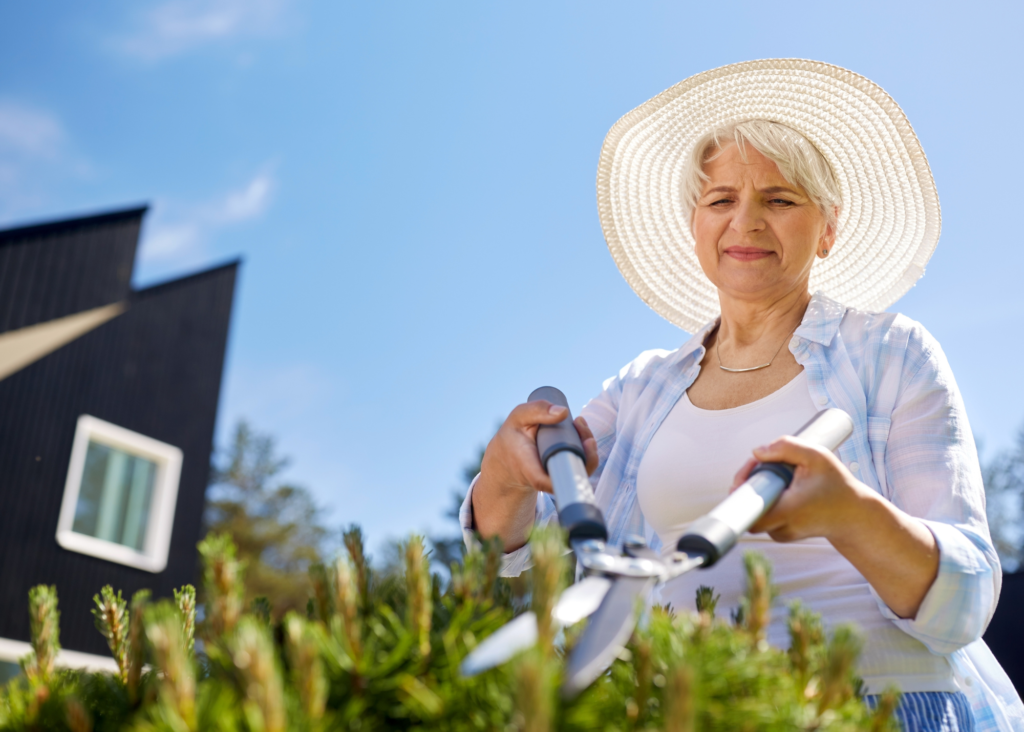
Proper attire is a key part of garden safety. Wearing the right clothing helps protect you from injuries, pests, and environmental hazards. By choosing appropriate garments, you can make your gardening experience more comfortable and reduce the risk of accidents.
Protective Gear
Wear safety goggles, sturdy shoes, and long pants when using lawn mowers or other machinery. These will shield your eyes from flying debris, protect your feet from sharp objects, and keep your legs safe from cuts and scrapes.
Hearing Protection
If you need to shout to be heard, the noise is too loud. Use ear protection like earplugs or earmuffs to prevent hearing loss from loud machinery such as mowers and trimmers.
Wear Gloves
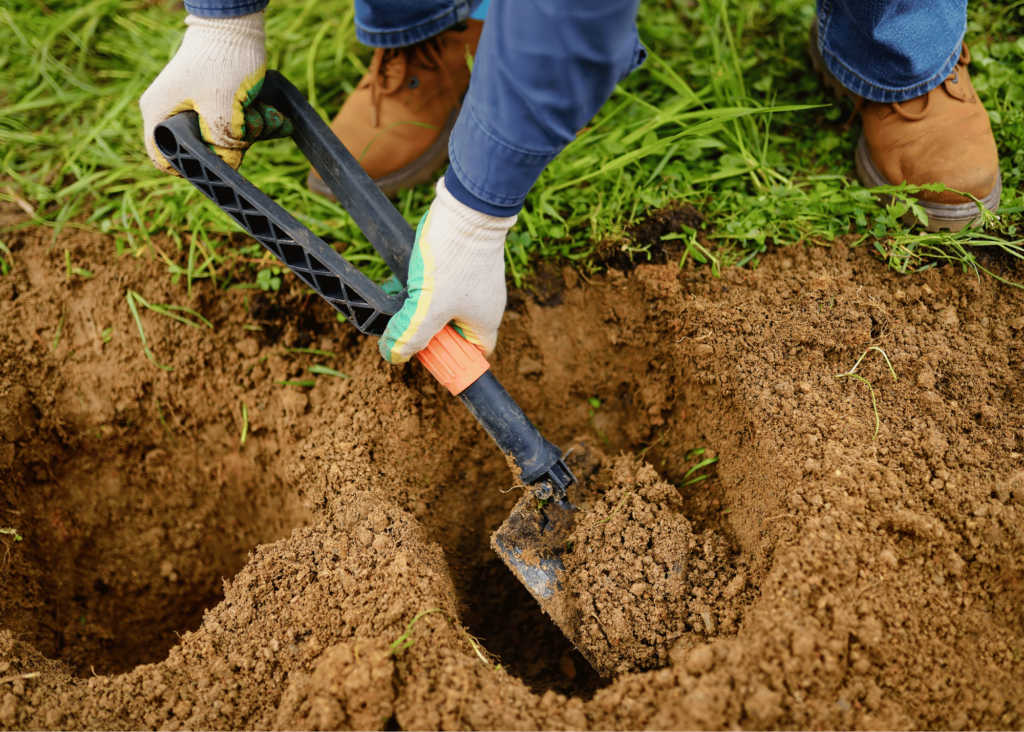
Protect your hands by wearing gloves while gardening. Gloves shield your skin from cuts, thorns, and harmful chemicals. They also keep your hands clean and reduce the risk of a major hand infection or skin irritations. Choose gloves that fit well and are suited to the type of gardening you’re doing.
Insect Protection
Use insect repellent with DEET, wear permethrin-treated clothing, long sleeves, pants tucked into socks, and high rubber boots to guard against mosquitoes and ticks. This not only prevents bites but also protects you from diseases carried by these pests.
I personally don't like to wear chemicals. Instead, I rely on natural methods to keep insects at bay. For example, I wear long sleeves and pants to cover exposed skin. Tucking my shirt into my pants keeps insects away from my lower back. And, I don't garden at dusk, when mosquitoes are the most prevalent. pests. These strategies help me stay comfortable and minimize my use of chemical repellents.
Sun Protection
Wear long sleeves, wide-brimmed hat, sunglasses, and sunscreen with SPF 15 or higher to prevent sunburn and skin cancer. Reapply sunscreen every two hours, especially if you’re sweating or working near water. If possible, don't work in the direct sunlight.
Watch Out for Garden Pests
Gardening can bring you closer to nature, but it also means encountering various pests. While some pests are merely annoying, others can pose serious health risks through bites and stings. Protect yourself from insect bites and other garden pests with these safety tips:
Ticks
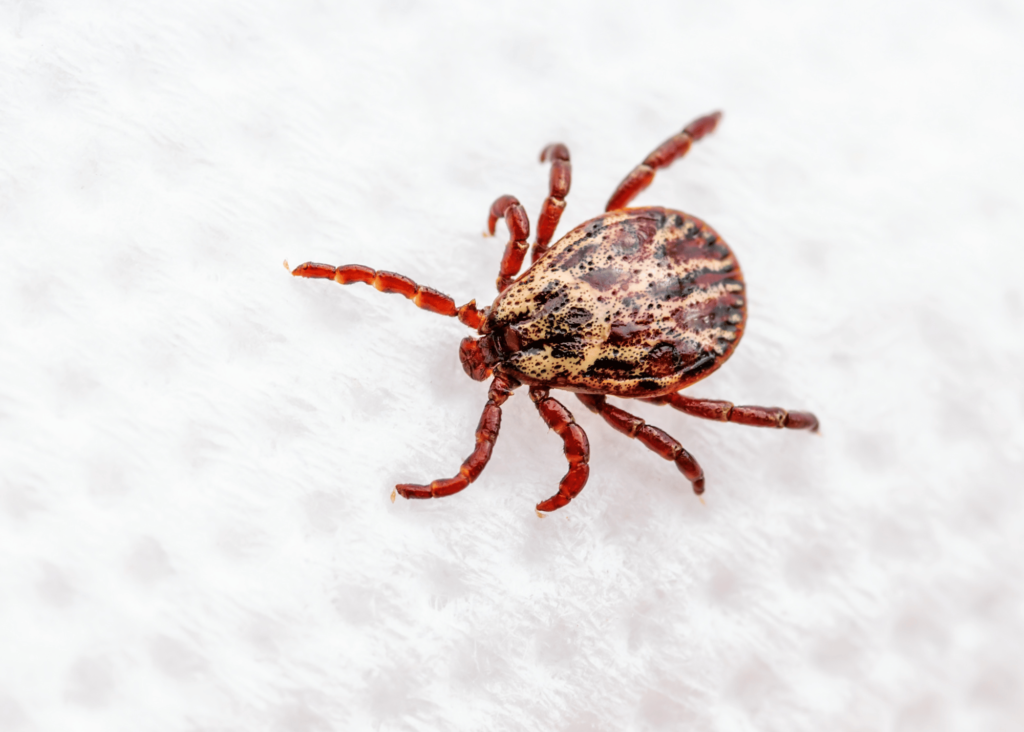
Ticks are small arachnids that can carry diseases such as Lyme disease and Rocky Mountain spotted fever. To protect yourself, wear long sleeves and pants, tuck your pants into your socks, and use insect repellent with DEET if you use.
After gardening, check your body for ticks, especially in areas like your scalp, behind your ears, and under your arms. Remove any ticks promptly with tweezers, grabbing as close to the skin as possible and pulling steadily. Also available are tick removal cards and tools to assist you in tick removal.
Wasps
Wear protective clothing and avoid disturbing their nests. Wasps can be aggressive, especially if they feel threatened, so keep an eye out for nests in trees, eaves, and other sheltered spots. If stung, watch for signs of allergic reactions such as swelling or difficulty breathing, and seek medical help if needed.
Bees
Bees are generally not aggressive, but they may sting if provoked. Wear protective clothing and avoid swatting at bees. If stung, remove the stinger by gently scraping it off with a credit card or your fingernail. Apply a cold compress to reduce swelling. If you have a severe allergic reaction, such as hives, difficulty breathing, or swelling of the face or throat, seek emergency medical attention immediately.
Mosquitoes
Use repellent and remove standing water where they breed. Mosquito bites can be more than just annoying; they can also transmit diseases like West Nile virus and Zika virus. If you have an allergic reaction to mosquito bites, which might include severe itching or swelling, consult a healthcare provider.
Snakes
Watch where you step and wear boots to protect your feet. Most garden snakes are harmless, but some can be venomous. Stay alert and avoid reaching into places you can’t see. If bitten by a snake, seek immediate medical attention, even if the snake is not venomous, as bites can still cause serious issues.
Fire Ants
Avoid their mounds. Fire ants can deliver painful stings, which can cause severe allergic reactions in some people. If stung, apply a cold compress and watch for signs of an allergic reaction like difficulty breathing or widespread swelling, and seek medical help if needed.
Use Tools Safely
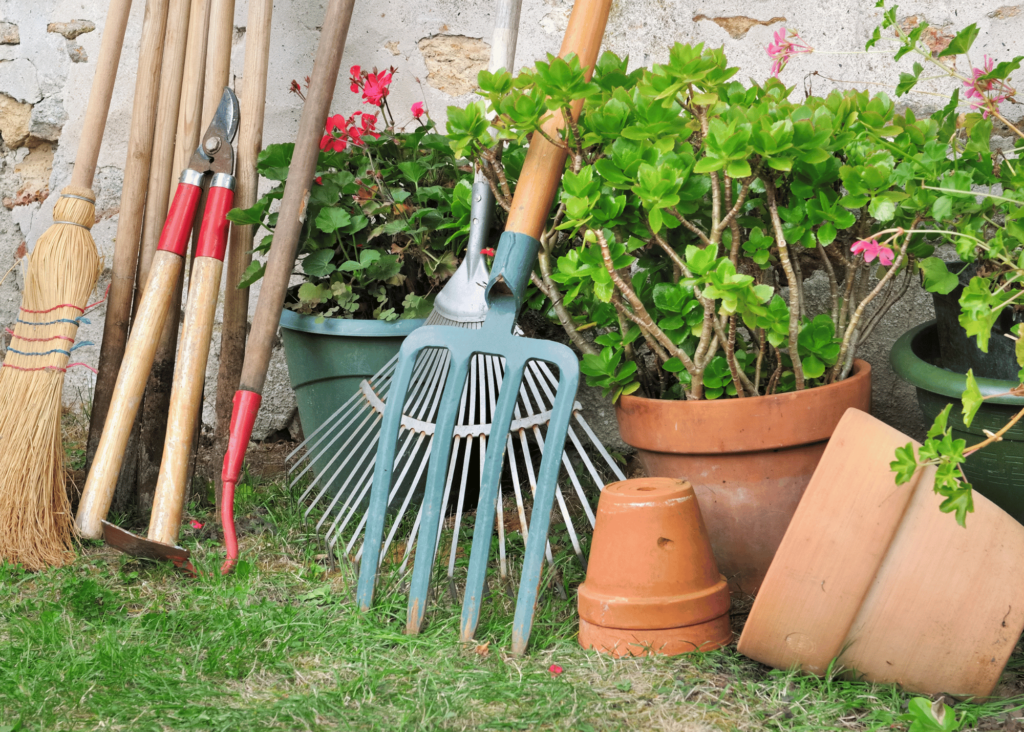
Using tools in the garden can make tasks easier, but it's important to handle them correctly to avoid injuries. Follow these guidelines to ensure you use both hand and power tools safely:
Follow Instructions
Always read and follow instructions on chemicals and equipment. Misusing tools or chemicals can lead to serious injuries or health problems.
Check Equipment
Ensure your tools and equipment work properly before use. Regular maintenance, such as oiling and sharpening, keeps them in good working order and safe to use.
Keep Sharp
Sharpen tools carefully to prevent accidents. Sharp tools cut more efficiently and reduce the effort needed, lowering the risk of slips and injuries.
Hand and Power Tools
Use both hand and power tools properly to avoid injuries. Always grip hand tools firmly and use them for their intended purpose. When using power tools, ensure they are in good condition, follow the manufacturer's instructions, and wear appropriate safety gear.
Beat the Heat
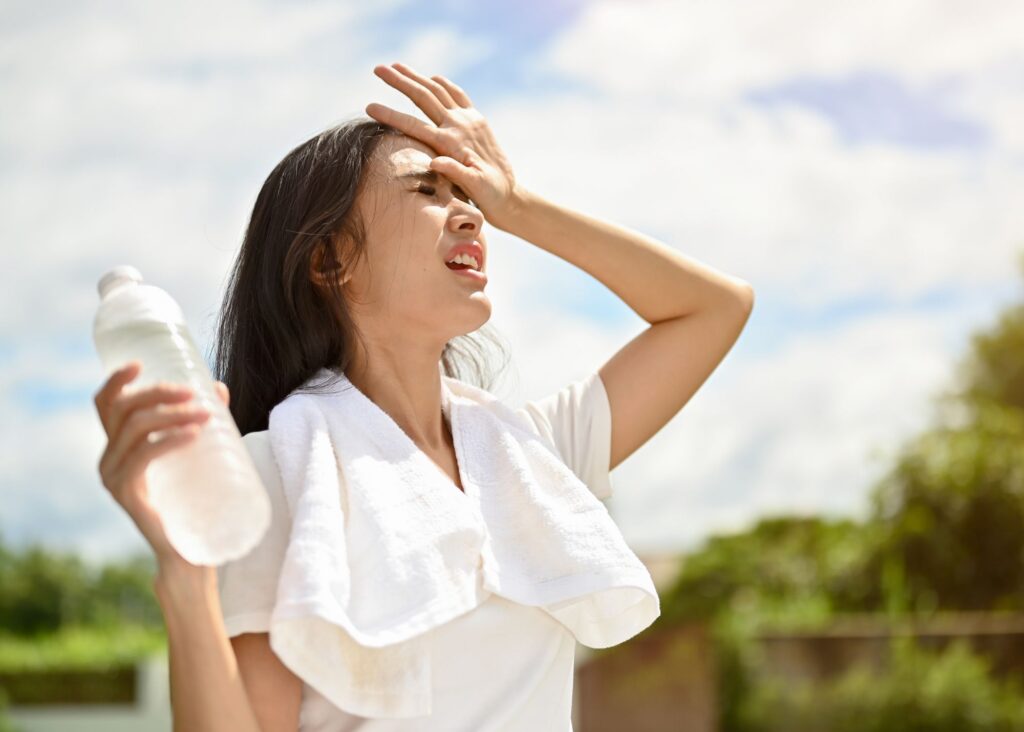
Gardening under the sun can be enjoyable but also challenging, especially during hot weather. Staying cool and hydrated is crucial to ensure a safe and pleasant gardening experience. In this section, we’ll explore practical tips and strategies to help you manage the heat effectively and keep your gardening sessions comfortable and productive.
Stay Hydrated
Drink plenty of water throughout the day. Avoid alcohol and sugary drinks, as they can dehydrate you. Water helps regulate your body temperature and keeps you hydrated.
Take Breaks
Rest in shady areas to cool down. Try to take a break every hour, and use these times to check your hydration levels and reapply sunscreen.
Know the Signs of Heat-Related Illness
Watch for heat-related illness symptoms like high body temperature, headache, rapid pulse, dizziness, nausea, confusion, or fainting. If you or someone else shows these signs, move to a cool place, drink water, and seek medical help if necessary.
Watch Vulnerable People
Pay extra attention to young children, older adults, overweight individuals, and those with health issues or on certain medications. They are more prone to heat-related illnesses and may need extra care.
Know Your Limits

Consult With Your Doctor
If you have health concerns, talk to your doctor before gardening. Conditions like heart disease, respiratory issues, and arthritis can affect your ability to garden safely.
Arthritis
Use easy-to-grasp tools. Moderate physical activity can help relieve arthritis pain. Look for ergonomic tools designed to reduce strain on your joints.
Medication Safety
Avoid using machinery or doing risky activities if your medication makes you drowsy. Some medications can impair your judgment or reaction time, increasing the risk of accidents.
Listen to Your Body
Monitor your fatigue, heart rate, and discomfort. If you feel dizzy, lightheaded, or unusually tired, take a break and rest. Call 911 if you experience severe symptoms like chest and arm pain, dizziness, or heat-related illness.
Get Vaccinated
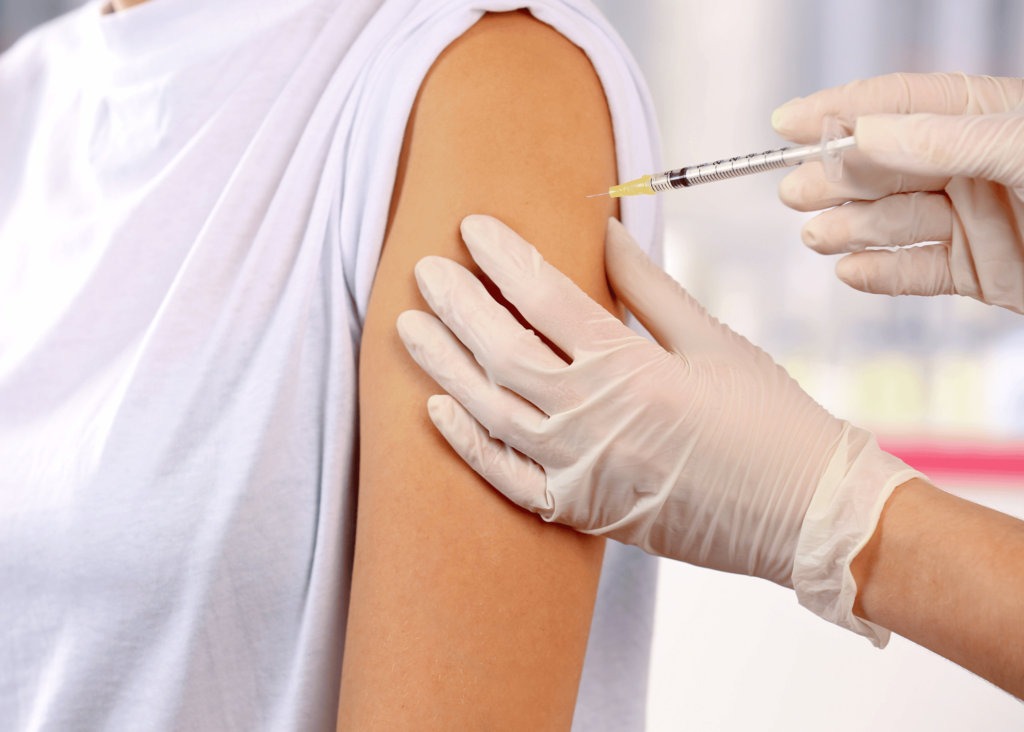
Tetanus
Make sure your tetanus vaccination is up to date. Tetanus lives in soil and can enter through cuts. A tetanus infection can be life-threatening, so keeping your vaccination current is essential.
Why You Need a Tetanus Shot
Tetanus Can Be Fatal
Tetanus is a serious bacterial infection that produces a toxin affecting the central nervous system. This toxin can lead to severe complications like seizures and brain damage, which can be life-threatening.
Severe Illness
Even if tetanus doesn’t lead to death, it can cause intense muscle contractions or seizures. These can be so powerful that they might break bones, earning tetanus its old-fashioned name, “lockjaw.” The contraction of muscles in the head and neck during a tetanus-induced seizure can be particularly painful and harmful.
A Little Toxin Is Dangerous
Tetanus toxin is a potent poison. Even a small amount can be overwhelming and fatal. Unlike some diseases, you can’t build up immunity to tetanus through natural exposure, so vaccination is essential.
Symptoms Can Appear Late
Tetanus symptoms may not show up for three to 21 days after exposure. By the time symptoms appear, you might have forgotten about the minor injury that allowed the bacteria to enter your body, making it harder for doctors to pinpoint the source of the infection.
Affordable Protection
Tetanus vaccines are inexpensive and widely available. They offer a cost-effective way to prevent a potentially deadly infection. The most common side effects are minor, like soreness at the injection site, especially if you’re getting a booster shot.
Hepatitis A
Hepatitis A is another concern for gardeners, as it can be transmitted through contaminated soil or water. While less common, the hepatitis A vaccine is worth considering if you handle soil or compost frequently. It protects against this viral infection and helps ensure that your gardening activities remain safe.
Keeping your garden safe is essential for enjoying the many health benefits that gardening offers. By following these safety precautions, you can avoid accidents and health risks.
Remember to take steps to protect yourself from pests and potential hazards.
If an emergency does occur, knowing when to seek help, including visiting the emergency room if needed, can make a big difference.
With these tips in mind, you can focus on growing your garden and reaping the rewards of your hard work in a safe and healthy way.
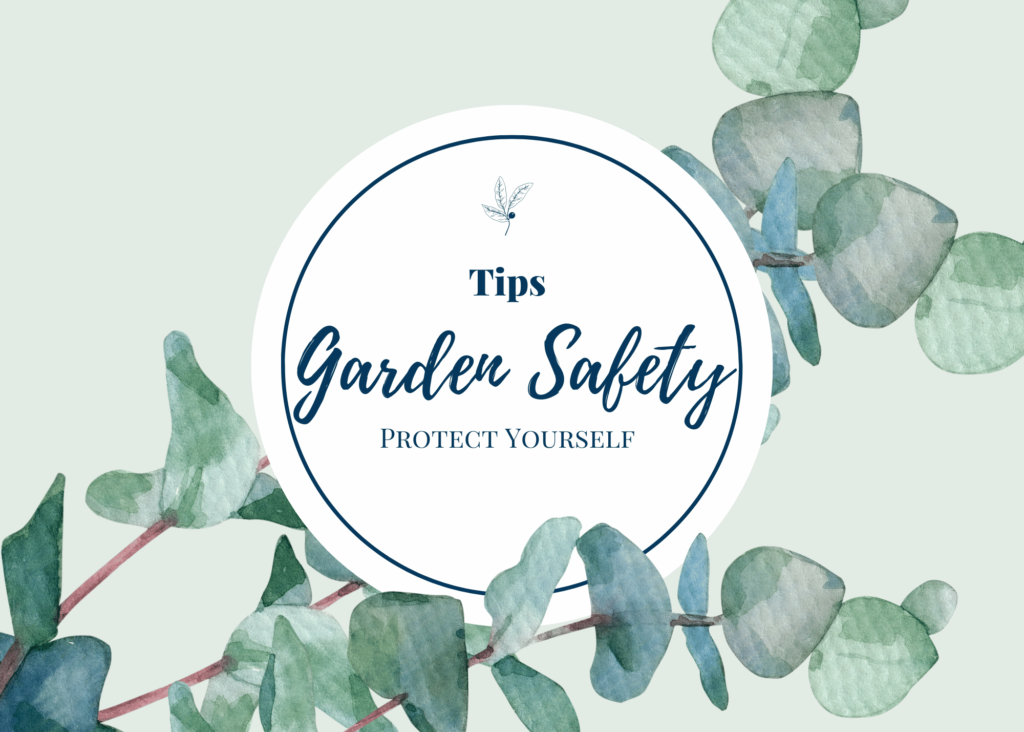
Please check out these articles I've written for additional information:
- Beat the Heat - Preventing Heat-Related Illnesses
- Beware the Toxic Trio: Poison, Oak, and Sumac
- The Buzz on Insect Bites and Stings - Expert Tips for Relief and Prevention
Additional Resources:
- LawnStarter: 10 Tips for Staying Safe in the Garden
- North Carolina A & T: Safety Tips for Your Farm and Garden
- Soil to Supper: How to Stay Safe in the Garden
- Western Kentucky University News: Gardening Health and Safety
